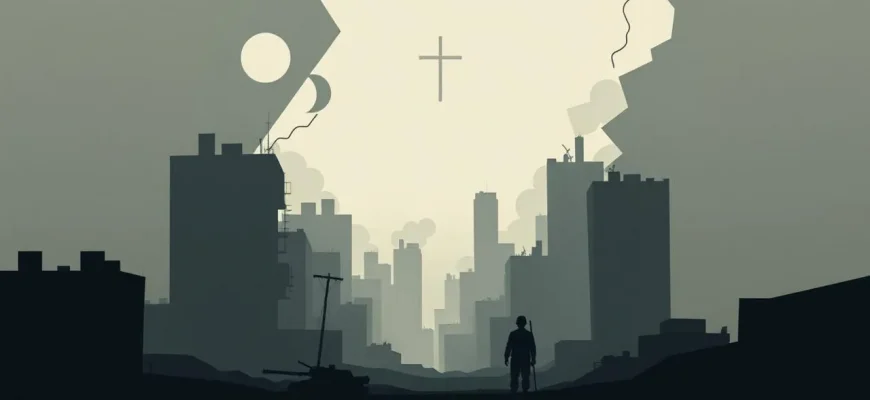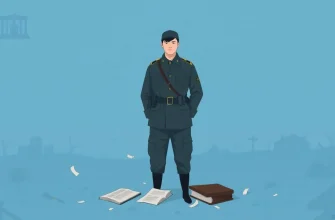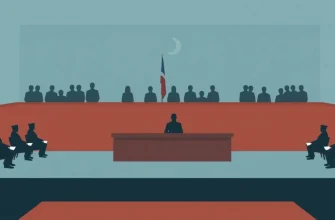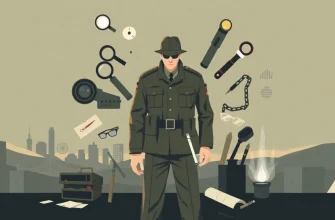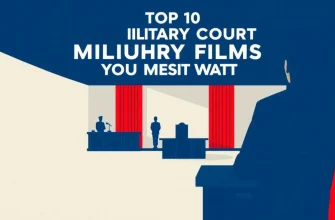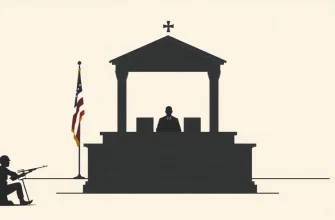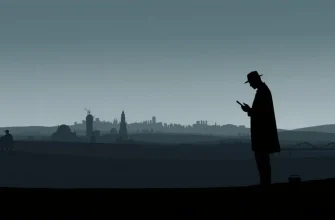War films have long been a staple of cinema, offering audiences a glimpse into the harrowing realities of conflict. However, some films go beyond the battlefield to explore the darker side of warfare: military atrocities and war crimes. This curated collection of 10 films delves into the complexities of human morality during wartime, providing not just entertainment but also a sobering reflection on the consequences of war. These movies, with their English dubbing or subtitles, bring to light the often unspoken truths of military engagements, making them essential viewing for anyone interested in the ethical dimensions of warfare.

The Bridge on the River Kwai (1957)
Description: This classic war film explores the construction of the Burma Railway by Allied POWs, highlighting the brutal treatment and forced labor under Japanese command.
Fact: The film was shot in Sri Lanka, and the actual bridge was blown up for the climax, requiring a second bridge to be built for the scene.
 Watch Now
Watch Now 
The Killing Fields (1984)
Description: Based on the true story of a Cambodian journalist and his American colleague, this film exposes the Khmer Rouge's brutal regime and the atrocities committed.
Fact: The film was shot in Thailand, with some scenes filmed in the actual locations where the events took place.
 Watch Now
Watch Now 
Come and See (1985)
Description: Set during WWII, this Soviet film follows a Belarusian boy who joins partisans and witnesses the horrors of Nazi war crimes, including the massacre of his village.
Fact: The film uses real-life footage of the aftermath of the Khatyn massacre to depict the brutality of the events.
 Watch Now
Watch Now 
Casualties of War (1989)
Description: This film is based on a real incident during the Vietnam War where a squad of American soldiers kidnapped and raped a Vietnamese woman.
Fact: Michael J. Fox took on a dramatic role, moving away from his comedic persona, to portray the moral conflict within the squad.
 Watch Now
Watch Now 
Schindler's List (1993)
Description: While focusing on Oskar Schindler's efforts to save Jews, the film also portrays the Holocaust's atrocities, including the liquidation of the Krakow ghetto.
Fact: Steven Spielberg shot the film in black and white to give it a documentary feel, emphasizing the historical gravity of the events.
 Watch Now
Watch Now 
The Thin Red Line (1998)
Description: This film portrays the Battle of Guadalcanal, focusing on the psychological impact of war and the moral dilemmas faced by soldiers, including the execution of prisoners.
Fact: The film features a large ensemble cast, with many actors having only brief screen time, reflecting the chaos and randomness of war.
 Watch Now
Watch Now 
The Pianist (2002)
Description: While not solely about military atrocities, this film depicts the survival of a Jewish pianist during the Holocaust, showcasing the war crimes committed by the Nazis.
Fact: Adrien Brody lost 30 pounds for his role and learned to play the piano, enhancing the authenticity of his performance.
 Watch Now
Watch Now 
Hotel Rwanda (2004)
Description: This film recounts the Rwandan genocide, focusing on a hotel manager who sheltered over a thousand refugees, highlighting the international community's inaction.
Fact: The film was shot on location in Rwanda, with many extras being survivors of the genocide.
 Watch Now
Watch Now 
The Railway Man (2013)
Description: This film follows a former British POW who confronts his Japanese captor years after the war, dealing with the psychological scars of his captivity.
Fact: The film is based on the memoir of Eric Lomax, who was a real-life survivor of the Burma Railway.
 Watch Now
Watch Now 
The Act of Killing (2012)
Description: Although not a traditional narrative film, this documentary has former Indonesian death squad leaders reenact their killings, exploring the moral implications of their actions.
Fact: The film won numerous awards, including the BAFTA for Best Documentary, for its unique approach to confronting historical atrocities.
 Watch Now
Watch Now 
